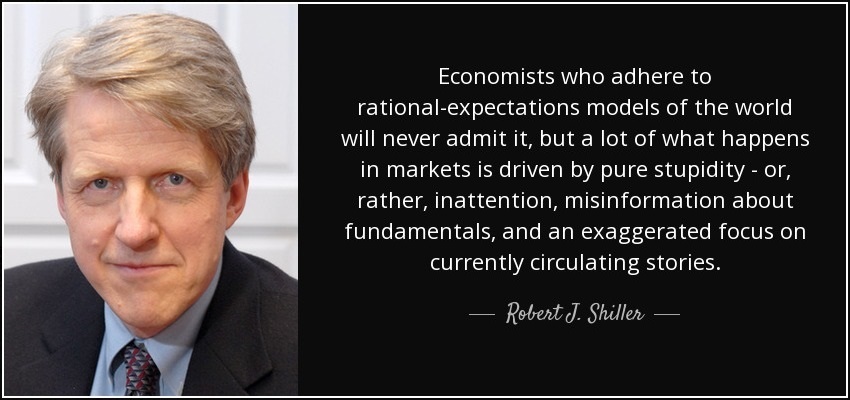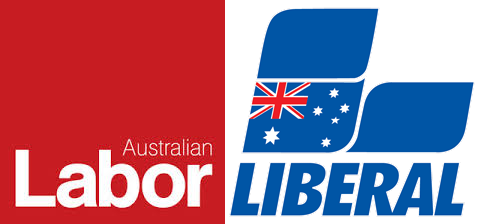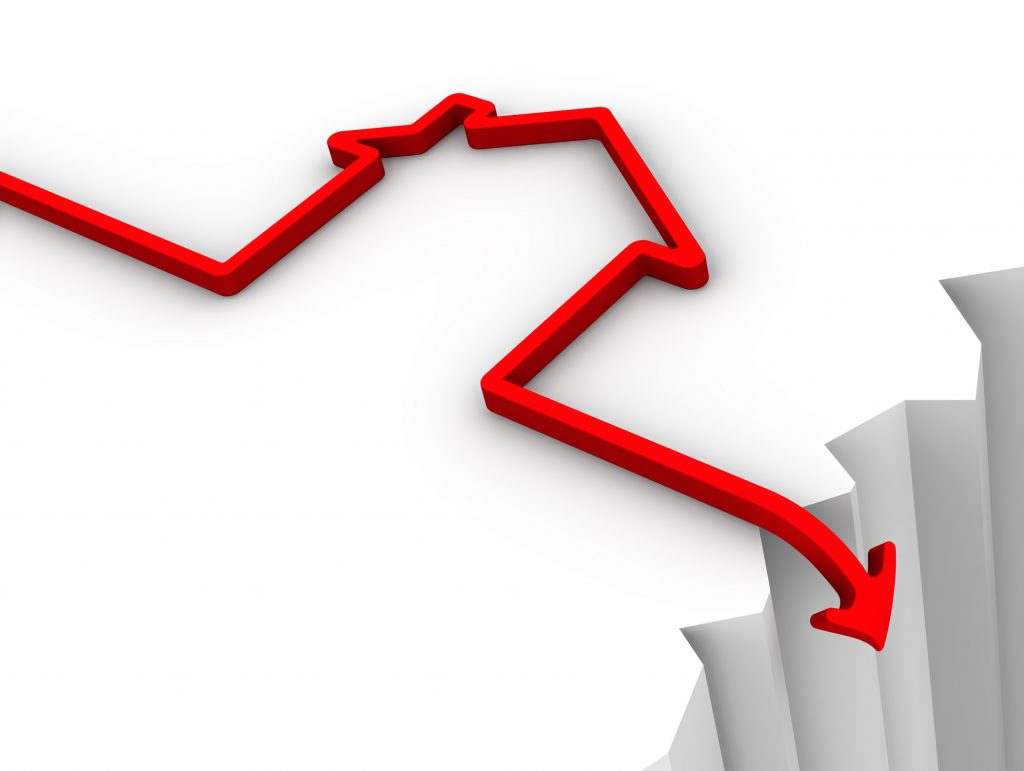
30 Apr 2019
Market Metrics: Equity Markets CAPE
- Posted by Dejan Pekic BCom DipFP CFP GAICD
CAPE stands for Cycle Adjusted Price to Earnings Ratio and is one of the measures used to compare today’s price relative to the average earnings across the cycle in today’s dollars.
It has been used and popularised by Yale University Professor Robert Shiller.
The CAPE10 is a 10 year average which helps to smooth out the highs and lows of booms and busts.
Interestingly the charts continue to show the same message which is that the Australian equity market and the US equity market are both still above their respective long term averages.
Click for charts.
Irrespective of this indicator, the key for investors is to remain invested according to your appetite for volatility (risk profile) and when fear and panic take hold during the next financial catastrophe, to then take advantage by buying more quality assets at discounted prices.

18 Apr 2019
Machine Learning: Facial Recognition
- Posted by Dejan Pekic BCom DipFP CFP GAICD
The number of things that can go wrong with this technology is mind blowing.
Let’s see if Governments use this technology to incrementally take away all our human rights over the coming decades.
Still the benefits that it will bring are countless.
Watch video.

12 Apr 2019
Friday Tidbit
- Posted by Dejan Pekic BCom DipFP CFP GAICD
During every Federal Government Election we get asked whether the Liberal National Coalition or Labor has the best policies for managing the Australian economy.
Attached is research which shows that historically both major parties are terrific at running Budget Deficits (spending more money than the tax receipts collected from you and me).
Click for chart.
For this election however, a vote for Labor is a vote to increase tax on the Australian middle class given Labor’s clearly stated policies on negative gearing, capital gains and franking credits.
If you want increased taxation, vote Labor.

8 Apr 2019
Australian Residential Property: Balance Sheet Recession
- Posted by Dejan Pekic BCom DipFP CFP GAICD
‘History doesn’t repeat itself, but it does rhyme’ is a famous quote by Mark Twain.
Attached is research on what has actually happened in Japan, Spain, United States, United Kingdom and Ireland after the peak in household debt to GDP and the start of the Global Financial Crisis.
Each country cut interest rates and still entered a recession. Interestingly property prices continued to fall even after the end of the recession.
The big problem with balance sheet recession is that consumers stop spending and the focus becomes debt reduction which is bad for economic growth and perpetuates further declines in property prices.
If the history in Japan, Spain, United States, United Kingdom and Ireland repeats in Australia then we are in for 6 years of falling house prices which started in 2017.
Remember, when fear and panic take hold during the next financial catastrophe, investors will be presented with the opportunity to buy more quality assets at discounted prices.
Click for charts.

5 Apr 2019
Friday Tidbit
- Posted by Dejan Pekic BCom DipFP CFP GAICD
This is another excellent piece on Warren Buffett, the 88 year old Oracle of Omaha and his ‘inner scorecard’ principle.
His thinking is profound, enjoy the weekend read.
Click to read.

3 Apr 2019
2019 Australian Federal Budget
- Posted by Dejan Pekic BCom DipFP CFP GAICD
The Federal Treasurer Josh Frydenberg has handed down his first Budget and some of the key measures include.
- immediate tax cuts for low to middle income earners by increasing the Low and Middle Income Tax Offset (LMITO)
- the ability for people aged 65 and 66 to contribute to super without meeting the work test requirements from 1 July 2020
- significant increases to funding for both health and aged care services
The strategy of again promising tax cuts in the Budget and then delaying implementation to 1 July 2024 (half a decade) is dumb politics in an election year.
It is important to remember that these Budget announcements are still only proposals and still need to be legislated.
Click to read.















